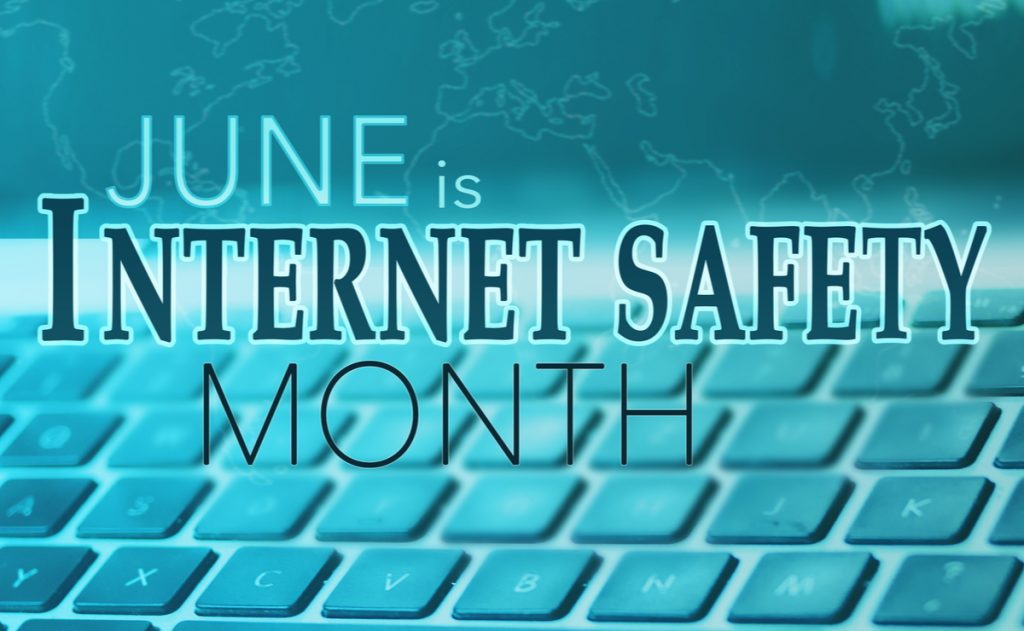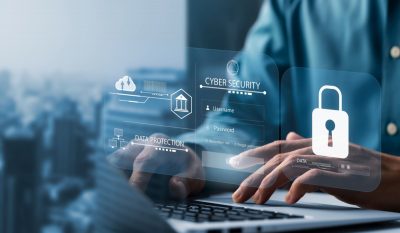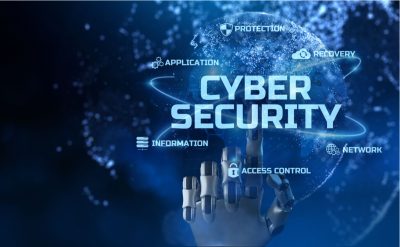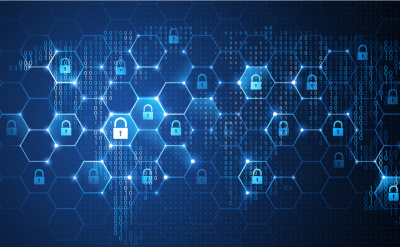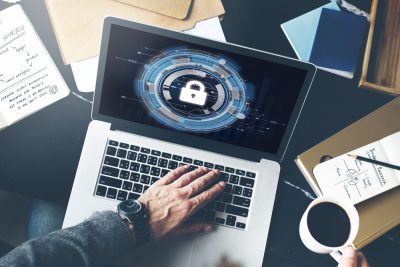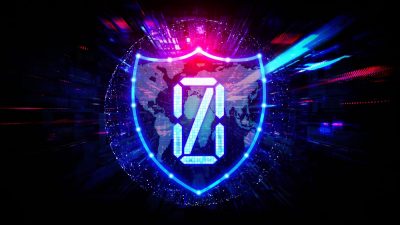June is almost about to end. But before we get at the edge of it, let us learn what June holds in it! June month means entering into the half-year, thus sparing more time for transition. So, June month was looked upon as ‘National Internet Safety Month,’ an annual initiative specifically dedicated to educating people on internet safety.
For the entire 30 days of June, federal and state governments, industry, and nonprofit organizations come together to spread awareness among people regarding safe online behavior and practices. All these bodies working together ‘unitedly’ showed that internet safety is a shared responsibility. It aims to make the internet a safer place for everyone, both at work and home.
The National Cyber Security Alliance (NCSA) has taken the initiative to bring awareness among digital citizens of all ages to practice simple, actionable security measures, and understand the outcome of their behavior while enjoying the internet’s incredible benefits.
Introducing STOP. THINK. CONNECT. Campaign
The National Cyber Security Alliance and the Department of Homeland Security launched STOP. THINK. CONNECT. Campaign to talk about national public awareness.
The campaign aims to focus on simple, easy-to-understand resources, and strategies that help people stay safe on the web. Its goal is to increase the knowledge of digital citizens on cyber threats and make them feel safer and more secure online.
The campaign talks about best practices for pursuing the internet in just three steps:
- STOP and make sure security measures are in place
- THINK about the consequences of every action and behavior online
- CONNECT and enjoy devices with more peace of mind
Along with these steps, the users must not forget the mantra ‘think before browsing the web.’ They should remain updated with tangible safety tips and specific information on what threats they can come across and how to react.
The above actionable steps: STOP. THINK. CONNECT. is specified to help everyone stay safe and secure online and enjoy the benefits of the widely connected world.
Here are some other quick best practices that users must practice to remain secure:
- Timely updating connected devices –
Updating all security software, apps, web browsers, and operating systems timely in all the internet-connected devices can help them all remain malware and infection-free
- Safeguard personal information –
Securing all types of accounts with long, strong, and unique passwords
- Check before connecting –
Go for a security check while connecting on an unsecured Wi-Fi or hotspots
- Control online presence –
Securing privacy setting according to the individual’s comfort level of sharing is important
- When in doubt, throw it out –
Immediately delete email, social network post, or text message that looks suspicious, even from a known source
- Be web wise –
Act wisely in situations that force to act immediately or even offers something that sounds too good to be true or is trying to extract personal information
- Be a good online citizen –
Post only that content about others that you would have them post about you
Internet privacy laws
Chances of potential breaches of online privacy have always remained a point of concern. Unfortunately, no single law regulates online privacy, but a patch of the US federal and state laws applies. This internet safety month let us learn about some ‘internet privacy laws.’
- The Federal Trade Commission Act (FTC) [1914] –
The FTC was designed to regulate unfair or deceptive commercial practices. As a primary federal regulator in the privacy area, FTC brings enforcement actions against companies. Such act includes failing to comply with posted privacy policies and failing to protect personal information adequately.
- Electronic Communications Privacy Act (ECPA) [1986]–
ECPA was designed to protect certain oral, wire, and electronic communications from unauthorized access, interception, use, and disclosure.
- Computer Fraud and Abuse Act (CFAA) [1986]–
CFAA marks the unlawfulness of certain computer-related activities that involve unauthorized access of a computer for obtaining certain information, defraud or get anything of value, transmit harmful items, or traffic in computer passwords. The law has been amended six times.
- Children’s Online Privacy Protection Act (COPPA) [1998] –
COPPA ensures to obtain verifiable parental consent from specific websites and online service providers before gathering, using, or disclosing personal information obtained from minors under 13. It also asks websites to post an online privacy policy, collect only the personal necessary details, and maintain security measures.
- Controlling the Assault of Non-Solicited Pornography and Marketing Act (CAN-SPAM Act) [2003]–
CAN-SPAM Act governs sending unsolicited commercial emails and prohibits misleading header information and deceptive subject lines. It also asks senders to disclose certain information, includes a valid opt-out mechanism, and creates civil and criminal penalties for violations.
- Financial Services Modernization Act (GLBA) [1999] –
The Gramm–Leach–Bliley Act GLBA, also known as Financial Services Modernization Act, regulates collecting, using, and disclosing personal information gathered or enclosed by financial institutions. It also requires customer notices and a written information security program.
- Fair and Accurate Credit Transactions Act (FACTA) [2003] –
FACTA requires financial institutions and creditors to maintain written identity theft prevention programs.
Moreover, many states have already adopted laws impacting online privacy, such as consumer protection statutes, laws that protect certain categories of personal information, information security laws, and data breach notification laws.
Along with complying with such laws and implementing robust information security programs, organizations can take other steps to help mitigate cybersecurity threats.
Final thoughts
Thus, when government regulations and individuals come together and follow internet security laws refinery, it can, for sure, eliminate cyber threats. The compliances and legal areas covered by government and individual handle their part by implementing comprehensive threat analysis and responsive measures.
This National Internet Safety Month learning about internet security laws and making each individual aware of them can be one of the best acts. Moreover, the current pandemic situation has made people more prone to security breaches. Thus, indulging oneself and following up with the laws can help one protect themselves from cybercrimes.
To learn more on internet safety security laws and other security practices, visit our latest whitepapers on security.




